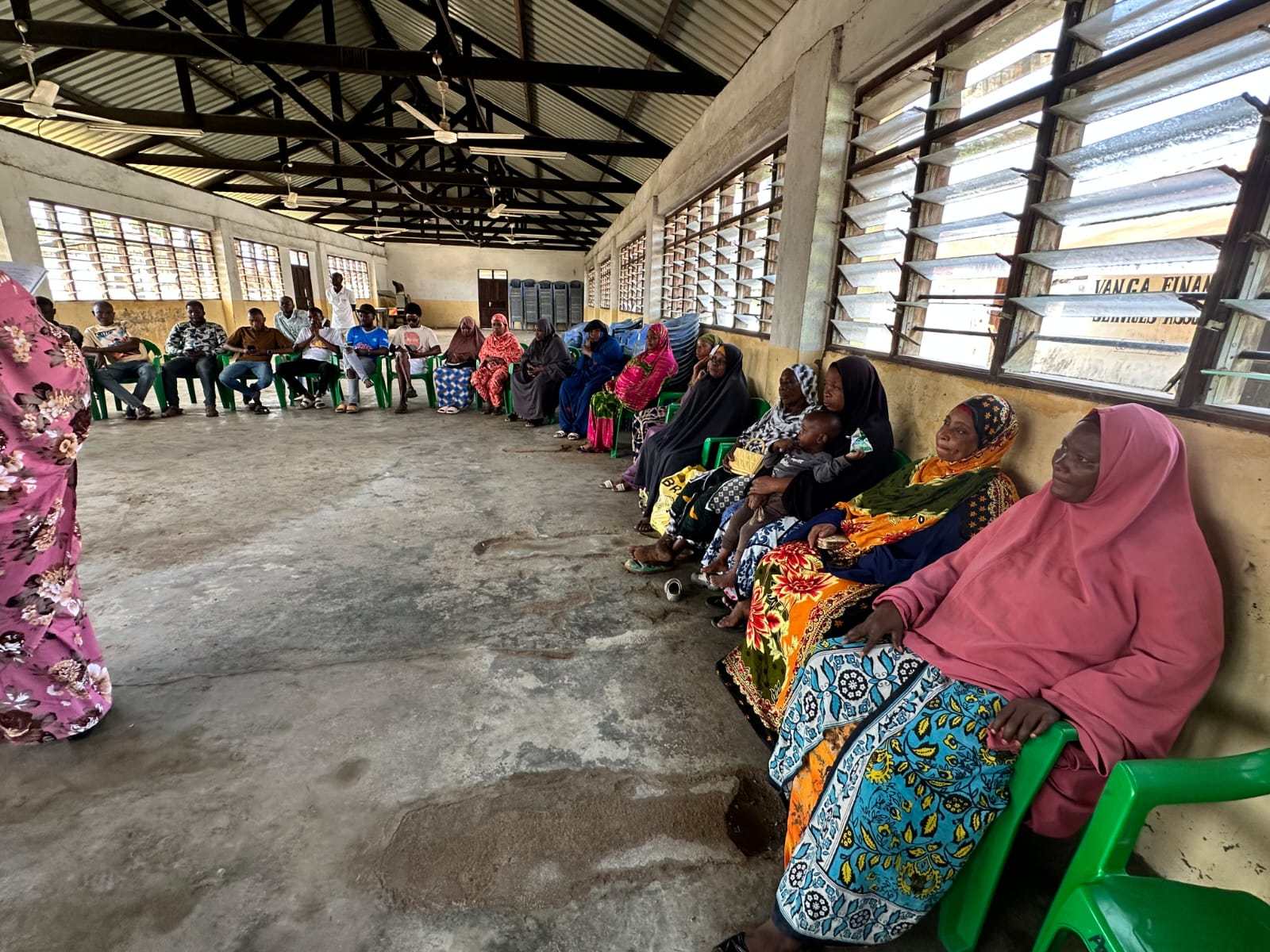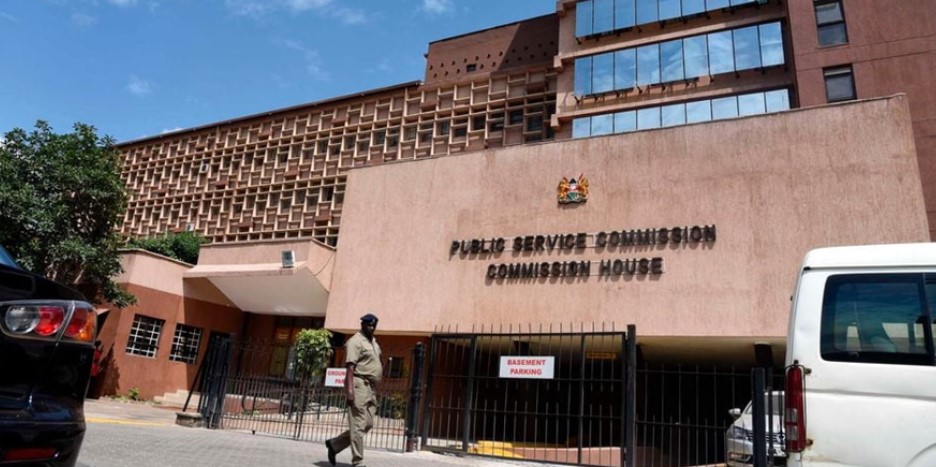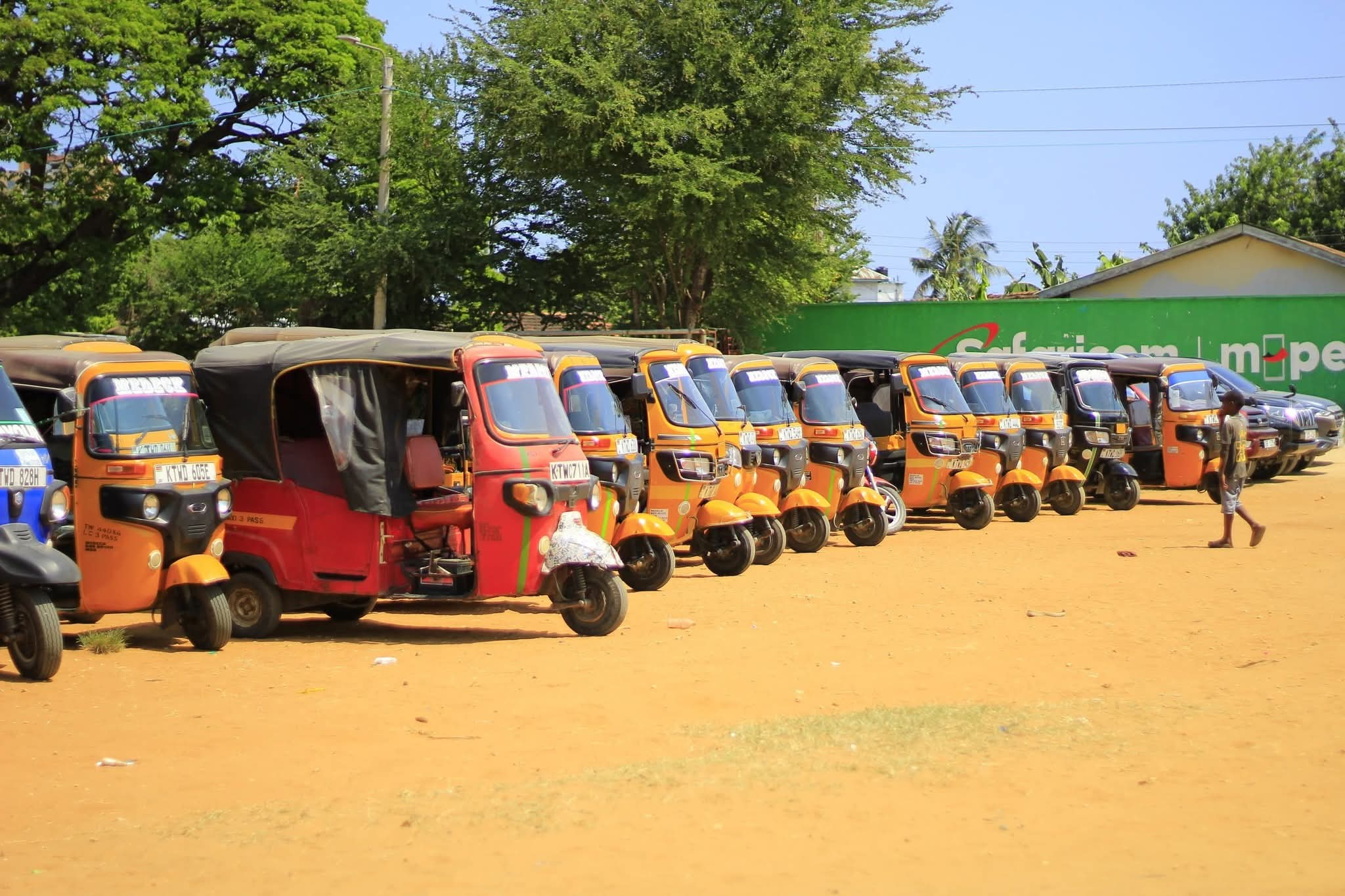Kenya-Tanzania border communities demand leaders prioritise harmony

The locals voiced frustration over harassment, arbitrary arrests and inadequate legal documentation, which they say are eroding their livelihoods.
Tension and uncertainty continue to grip residents of Vanga and Jasini along the Kenya–Tanzania border, where communities are urging their leaders to prioritise cross-border harmony and tackle growing insecurity.
The locals voiced frustration over harassment, arbitrary arrests and inadequate legal documentation, which they say are eroding their livelihoods.
More To Read
- Africa’s agricultural exports are losing ground: Four key interventions that could lift sector again
- Government assures Kenyan traders over Tanzanian business licensing order
- Kenya, Uganda sign deal to ease movement of goods and people at border points
- Nairobi hosts regional security talks as leaders push to seal porous borders against terrorism
- Kenya, Tanzania step up push for region's first transboundary marine Ramsar site
- Women's group secures Sh1.9 million deal to clean, green Kwale County’s Lungalunga border town
They aired the grievances at a public forum convened at Vanga Social Hall by the Grassroots Women Rights Centre (GWRC) in partnership with WeWorld.
Fishermen, traders and boda boda operators shared experiences of intimidation when moving across border zones. They accused criminals of exploiting the porous boundary, with some fugitives allegedly finding refuge in Vanga after committing crimes in Tanzania.
“Our lives revolve around this border. Insecurity is tearing apart what has always united us. We need leaders from both sides to sit at the same table and resolve this matter,” said Abdallah Robota, one of the residents.
A recurring issue raised was the widespread lack of identity cards among youth and fishermen. Community members explained that without official documents, they are unable to prove nationality, apply for licences, or access essential services.
Vanga’s Acting Chief, Mwinyi Heri, reassured participants that the local administration is committed to addressing the problem. He urged residents above 18 years to seek identity cards at his office.
“Those interested only need to bring one parent and the required documents. Vetting is no longer a requirement,” he clarified.
Civil registration officer Lazarus Makupe underscored the importance of identification, noting that the absence of proper papers continues to deny citizens their rights and protections.
Fishing, the economic backbone of the coastal villages, has become a point of friction between the two countries. Kenyan fishermen are frequently arrested in Tanzanian waters. County fisheries officer, Ishmael Ongera, defended the enforcement measures, explaining that such arrests occur when fishermen cross protected marine zones or venture beyond the recognised boundary.
“If you possess a licence, it is your protection. In case of arrest, contact the Fisheries Department immediately. Delayed reports make it harder for us to act, but we have previously managed to secure the release of several fishermen through dialogue with Tanzanian authorities,” he explained.
Residents also expressed wider security concerns. “Some people have been disturbing the peace here,” said Ahmed Omar, urging security agencies to restore calm and protect community members.
Young people present at the meeting demanded investment in digital skills and alternative training opportunities, arguing that reliance on fishing and border trade alone leaves them vulnerable. They said such initiatives would create jobs and keep youths away from crime.
Mwanatumu Kadau, Director of GWRC, stressed the need for accountability from state officials working on border issues. “Authorities must return to the people with feedback. Without that engagement, trust fades away,” she observed.
The locals called for stronger collaboration between Kenyan and Tanzanian authorities, alongside open communication with local communities, to safeguard livelihoods and foster lasting peace along the border.
Top Stories Today














































